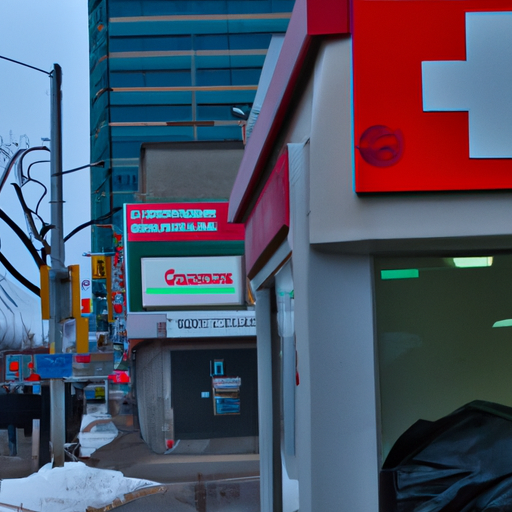Unmasking the Opioid Crisis in Canada: The Walgreens Controversy
The opioid crisis, a pressing global concern, has not spared the land of the Maple leaf, Canada. The crisis, described as a significant public health emergency, has led to unprecedented levels of drug overdose-related fatalities. A recent report by The Canadian Press sheds light on the role of major American pharmaceutical chain, Walgreens, in aggravating the situation.
The Main Accusations Against Walgreens
The U.S. government has accused Walgreens of fuelling opioid dependence by allegedly filling millions of illegitimate prescriptions for opioids. This essentially equals a breach of the Controlled Substances Act, which keeps a tight check on the production and distribution of specific substances defined by drug schedules.
Walgreen’s Role in Exacerbating the Opioid Crisis
Consistent with the Government’s allegations, Walgreens’ actions might have directly fed the opioid crisis. By carelessly dispensing opioid medications without a proper audit of the prescriptions, the pharmacy chain may have made these addictive drugs easily accessible to people, hastening their dangerous dependence on opioids. The credible reports of some Walgreens stores surpassing their annual limit of controlled medicines within months add to the severity of this situation.
Opioid Crisis in the Canadian Context
Now, while these cases might seem geographically distant, remember that addiction, unfortunately, knows no boundaries. The opioid crisis is very much a real and troubling concern in Canada, with far-reaching implications not just for the dependent individuals, but for the broader community. The key impacts include:
- Increasing homeless population: There is a clear and disturbing connection between opioid dependency and homelessness. The struggle with addiction often results in loss of steady income and housing, pushing individuals towards homelessness.
- Rising crime rates: Opioid addiction has been identified as a significant driver of various crimes, ranging from minor theft to significant organised criminal activities.
- Overburdened healthcare system: The rising number of opioid-dependent individuals seeking help from healthcare facilities puts enormous pressure on the already stretched medical resources.
Active Steps to Fight the Crisis
Canadian authorities are deploying a multi-faced approach to manage the opioid crisis. The introduction of opioid class action litigations is a potent tactic to hold stakeholders accountable for their role in the crisis; the recent Walgreens case serves as a powerful example. On a more direct level, widespread distribution of naloxone kits is being undertaken to reduce the risk of fatalities due to overdoses.
Looking Ahead: What Needs to Be Done?
The current situation demands an urgent, targeted, and comprehensive response. Stakeholders across the board, including law enforcement agencies, healthcare providers, policymakers, and the community at large, need to collaboratively work towards:
- Consistent monitoring and regulation of drug prescriptions
- Increased investment in mental health support and addiction recovery programs
- Promotion of public awareness about the risks of opioid misuse
- Research and development for less addictive pain management options
The opioid crisis, while a significant challenge, is not insurmountable if tackled with determination, collaboration, and empathy. The recent Walgreens episode serves as a wake-up call for all stakeholders to recognise their role and responsibility in this fight.
Key Takeaways
The opioid crisis presents a profound and complicated challenge for Canada. This crisis, fuelled in part by irresponsible actions of stakeholders including major pharmacy chains like Walgreens, as reported in The Canadian Press, results in significant consequences such as increased homelessness, crime rates and pressure on the healthcare system.
Despite these hurdles, efforts are being made to mitigate the crisis through measures such as opioid class action litigations and the distribution of naloxone kits. Yet, there is an urgent need for collective action across various sectors to effectively tackle this pressing issue.
Remember, the fight against the opioid crisis is not just about the individual battling addiction; it’s about the well-being of our broader community.
